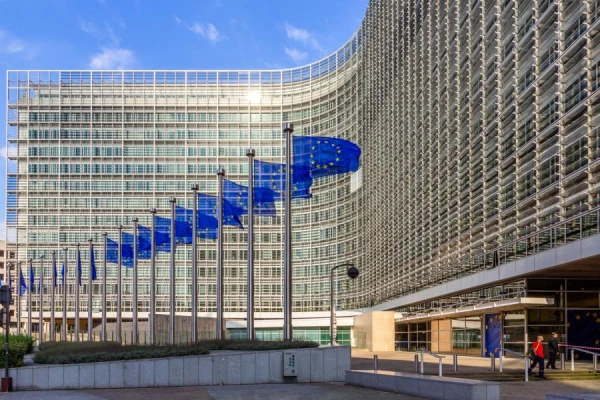
Brussels is considering the possibility of permanently freezing Russian funds in the EU and using the income from them to finance support for Ukraine. Abandoning this scheme will lead the EU to annual expenses of 5.6 billion euros, DW reports.
The main condition for using the frozen Russian assets in the European Union will be their "permanent immobilization" and the creation of a legal scheme that allows extending the freeze beyond the current six-month periods. This was reported on Friday, November 7, by The Financial Times (FT) citing a document from the European Commission.
The EC prepared a report on the consequences of not using the frozen Russian assets to finance aid to Ukraine. The document is directed to EU member states ahead of the December summit of the union's leaders.
It states that if the plan to attract part of the funds blocked in the Belgian depository Euroclear over the next two years is not implemented, the union countries will have to either agree on joint borrowing, increasing the debt burden on national budgets, or allocate direct grants to Ukraine totaling 140 billion euros.
Possible financial consequences for EU countries
According to the European Commission's assessment, both options will lead to additional expenses and affect the level of deficit and debt of individual states. Servicing the joint loan will cost EU countries about 5.6 billion euros per year. Of this amount, France will pay nearly 1 billion euros, Italy about 675 million, and Belgium around 200 million euros.
The EC warns that borrowing 140 billion euros could have side effects for financial markets and affect the rates at which the European Union usually places loans. Furthermore, it is noted that such a decision could cause "additional indirect costs" for other union programs.
Risks for Belgium and Russia's position
Earlier, the Belgian authorities blocked a proposal to allocate a 140 billion euro loan from Russian assets, citing possible retaliatory actions from Moscow and risks to its own economy. Brussels also warned that using the funds could undermine trust in Euroclear as an international depository.
Moscow has repeatedly stated that any use of its foreign assets will be regarded as "theft." After the UN General Assembly adopted a resolution in 2022 on the need for compensation for damage to Ukraine, the Kremlin stated that the document has no legal force and that its authors are attempting to "commit robbery" of Russian assets.

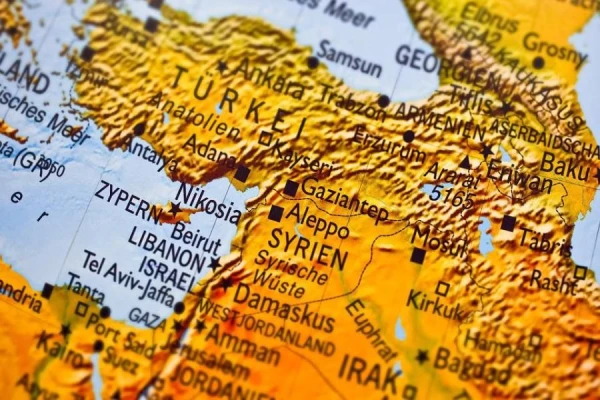

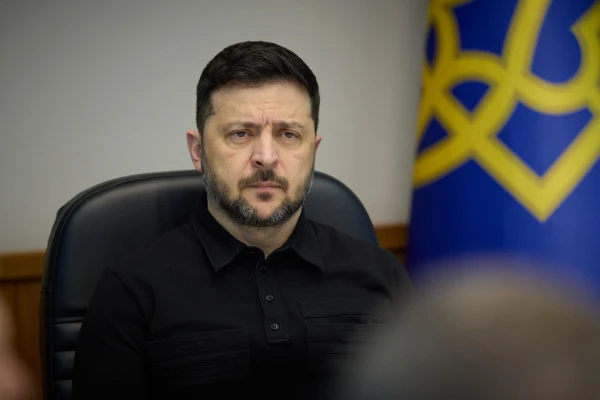


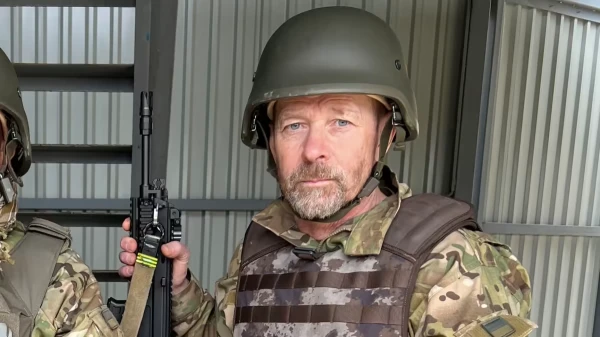
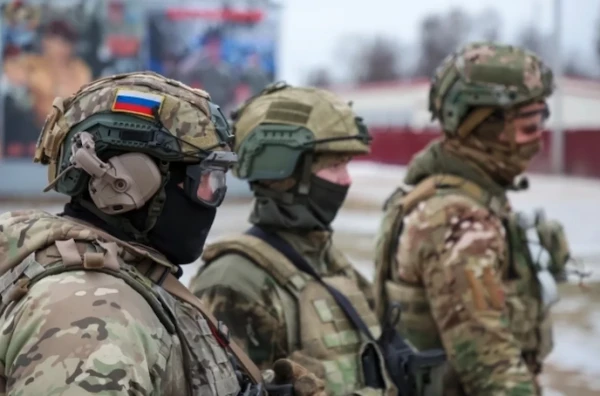
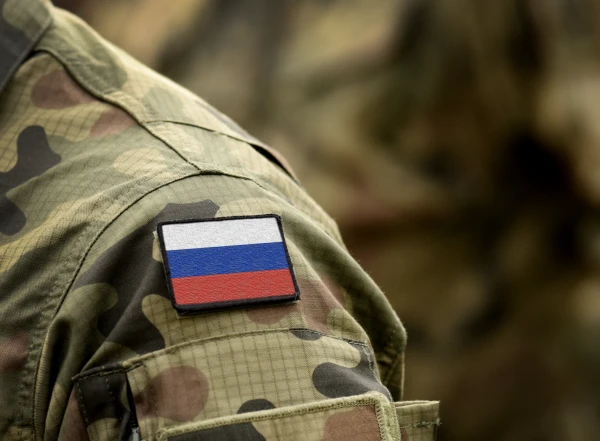
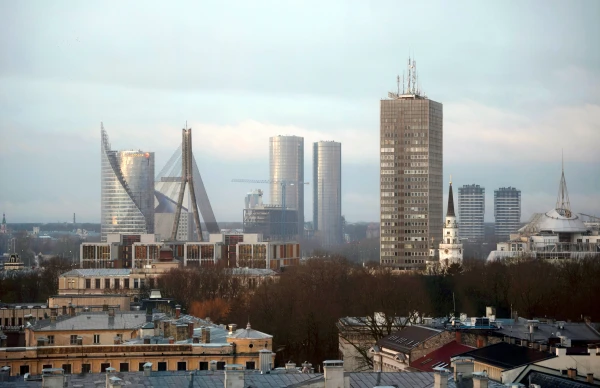
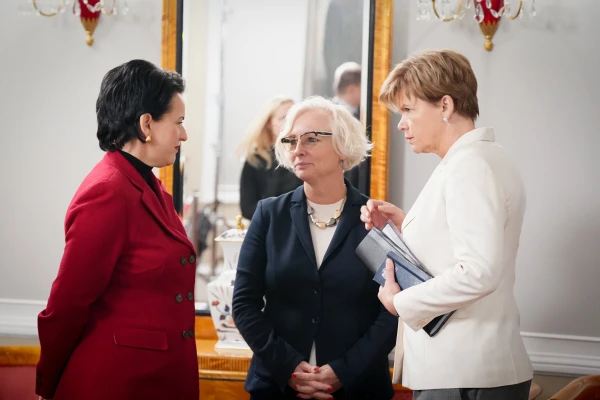
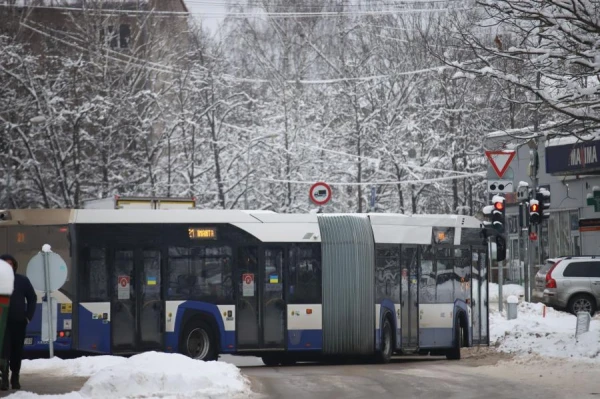



Leave a comment